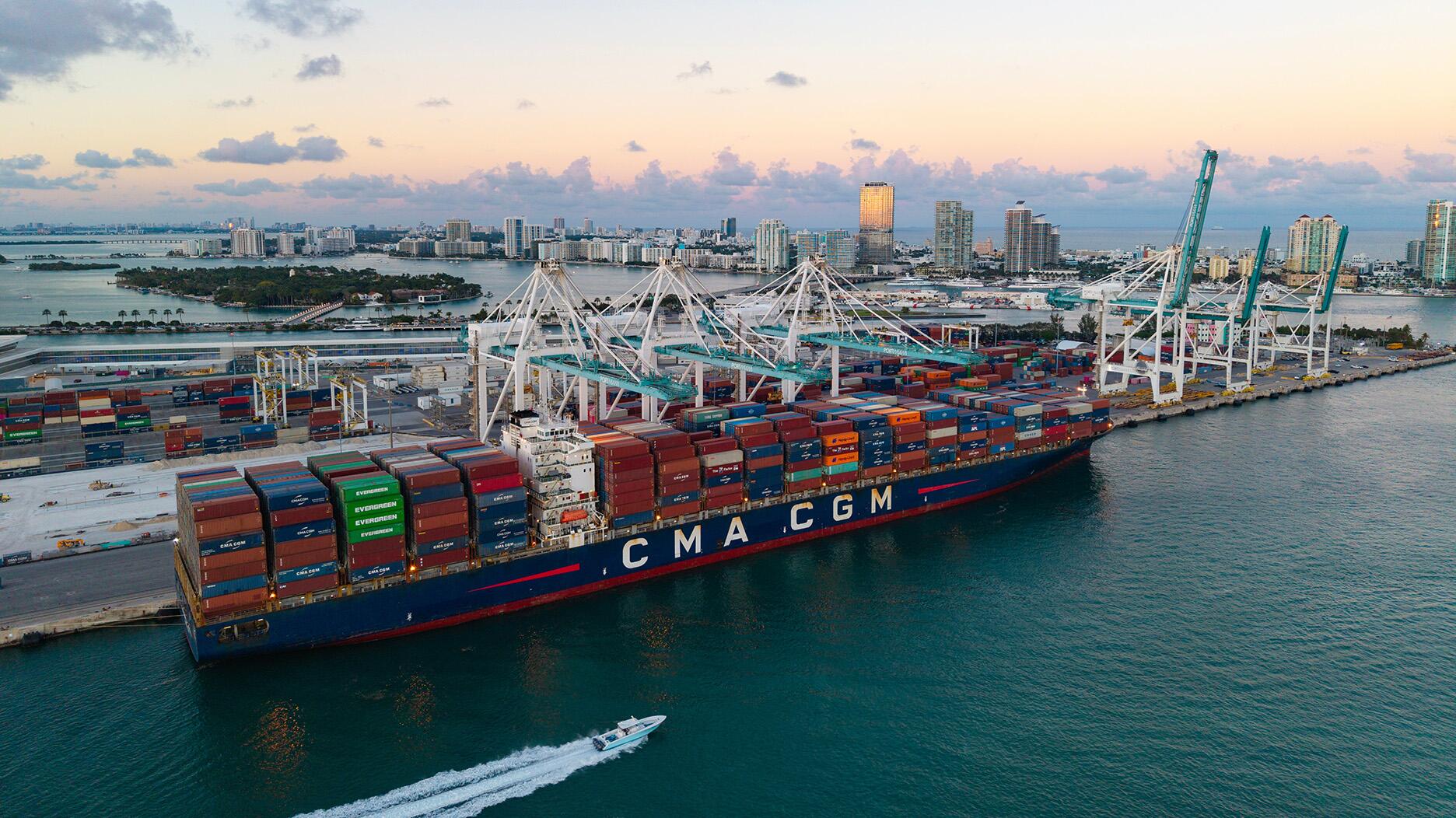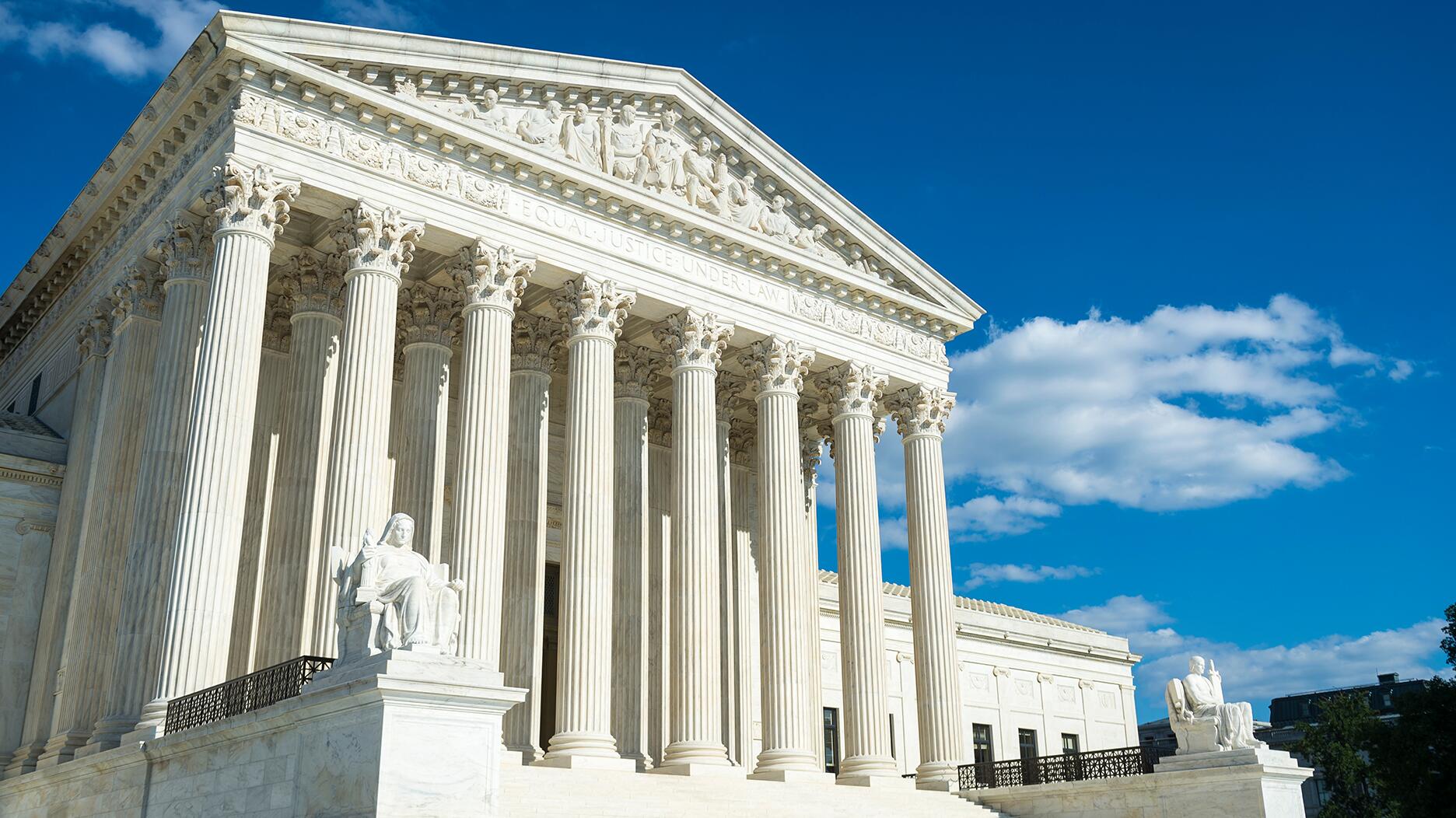FTC Looking to Levy First Fine Under New ‘Made in USA’ Rules
It has brought a complaint against a battery maker labeling its products as “Made in U.S.A” when some parts allegedly come from China.
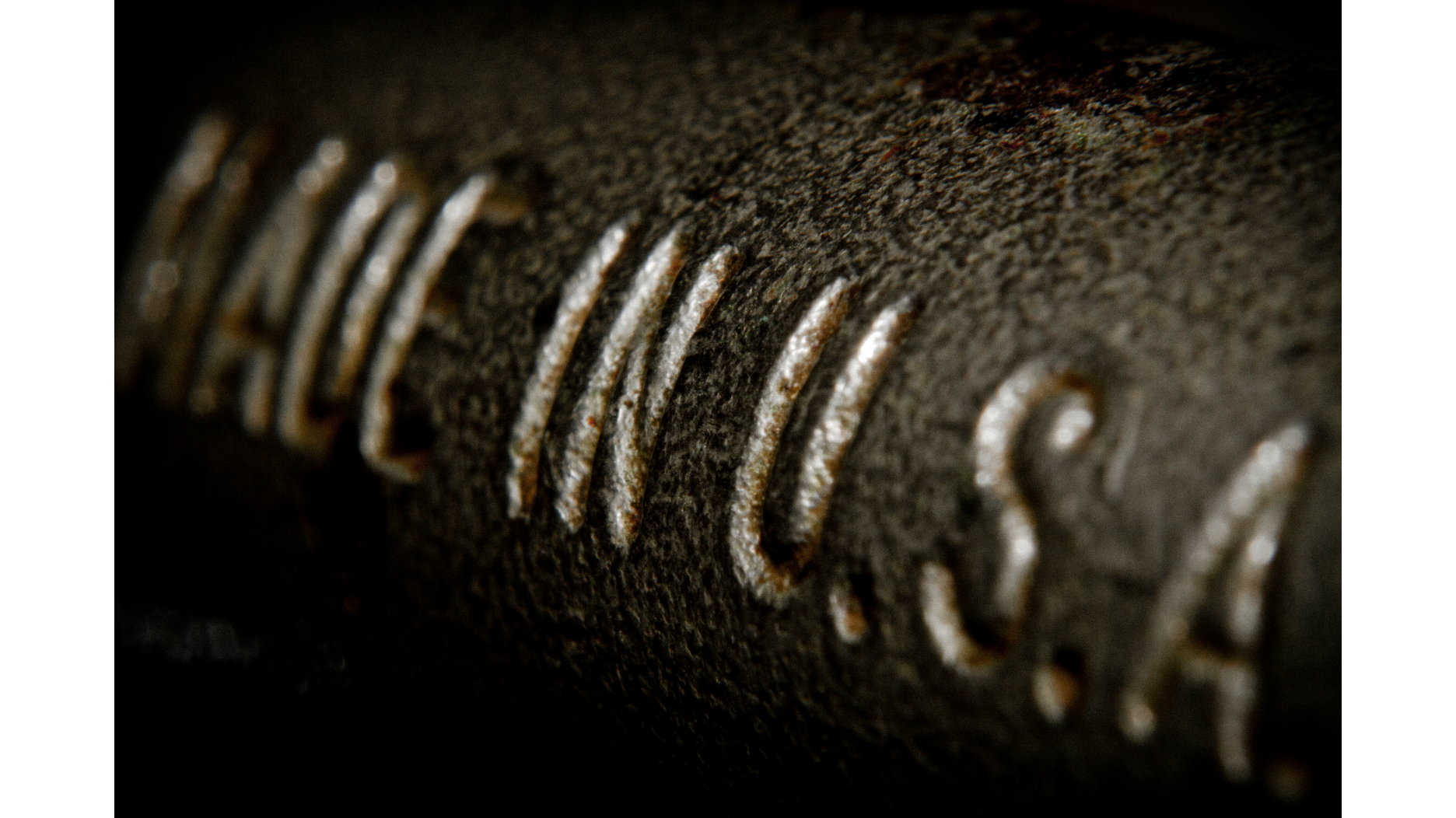
The FTC announced last week it has brought a complaint against a company called Lithionics Battery LLC and its founder, owner, and general manager, Steven Tartaglia.
Based in Clearwater, Florida, Lithionics designs and sells batteries and battery accessories for boats as well as recreational and low-speed electric vehicles.
In the complaint, the FTC alleges the company labeled its products with an American flag surrounded by the words “MADE IN U.S.A,” with some product packaging also displaying the statement “Proudly Designed and Built in USA.”
The company used this label and similar origin claims on its website and social media platforms, including in YouTube videos. It also published a chart in its marketing materials highlighting the “advantages” of its products over “imports,” the complaint states.
However, the lithium ion cells the company used were made in China and its battery management systems “incorporate significant other imported components,” the FTC alleges, in violation of the new Made in the USA Labeling Rule.
The attorney listed in court documents as representing Lithionics and Tartaglia, John Dicks II of Akerman LLP, did not respond to an email and voice message left Wednesday seeking comment on the case.
Under the Made in the USA Labeling Rule, which went into effect in August 2021, it is considered unfair or deceptive to label any product as Made in the United States unless “the final assembly or processing of the product occurs in the United States, all significant processing that goes into the product occurs in the United States, and all or virtually all ingredients or components of the product are made and sourced in the United States,” per the FTC.
An FTC official clarified that the commission has issued decisions and orders on “Made in USA” claims since the 1940s.
What the labeling rule did was codify the established principle that when consumers see claims of “Made in the USA,” “American made,” etc., they believe that no more than a de minimis amount of the product is of foreign origin.
In the Lithionics case, the FTC wants the court to levy a civil penalty of a little over $105,000, three times its profits attributed to “illegal” activity. It also wants the court to prohibit Lithionics from making “unqualified” U.S. origin claims going forward.
The FTC referred the complaint to the U.S. Department of Justice, which filed it and the proposed settlement in a Florida federal court on the FTC’s behalf.
It is up to a federal judge to decide if or when to sign the settlement.
For additional guidance on the standards that must be met to claim that a product is “Made in the USA,” visit the FTC website.
The Latest

Chicago police and members of the U.S. Marshals Service tracked down the 35-year-old suspect earlier this week in St. Louis.
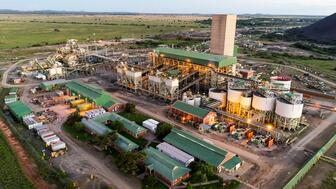
Owners of the Ekapa Mine reportedly filed for liquidation about a week after a mudslide trapped five workers who have yet to be found.
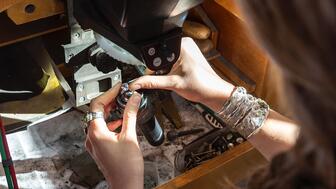
A 10-year alliance has also begun to address the shortage of bench jewelers through scholarships, enhanced programs, and updated equipment.

Every jeweler faces the same challenge: helping customers protect what they love. Here’s the solution designed for today’s jewelry business.
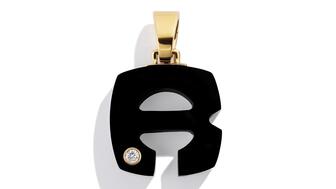
The “Splendente” collection has evolved to feature hardstone letter pendants, including our Piece of the Week, the onyx “R.”

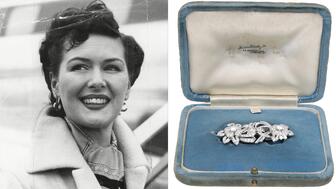
The jewelry collection belonged to “one of society's most glamorous and beautiful women of the mid-20th century,” said the auction house.
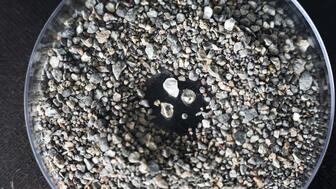
The update came as Anglo took its third write-down on the diamond miner and marketer, which lost more than $500 million in 2025.

With refreshed branding, a new website, updated courses, and a pathway for growth, DCA is dedicated to supporting retail staff development.
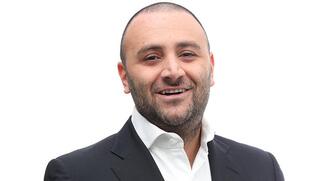
Emmanuel Raheb discusses the rise of “GEO” and the importance of having well-written, quality content on your website.
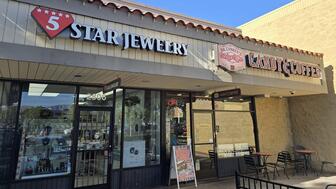
Each received around four years for burglarizing a jewelry store and a coffee shop in Simi Valley, California, last May.
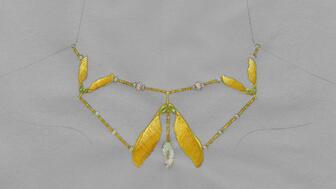
Catherine Aulick, a GIA graduate, received the ninth and final Gianmaria Buccellati Foundation Award for Excellence in Jewelry Design.
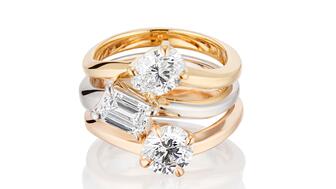
We asked a jewelry historian, designer, bridal director, and wedding expert what’s trending in engagement rings. Here’s what they said.
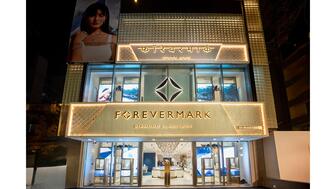
Experts from India weigh in the politics, policies, and market dynamics for diamantaires to monitor in 2026 and beyond.

Beth Gerstein discusses the vibe of the new store, what customers want when fine jewelry shopping today, and the details of “Date Night.”

Are arm bands poised to make a comeback? Has red-carpet jewelry become boring? Find out on the second episode of the “My Next Question” podcast.
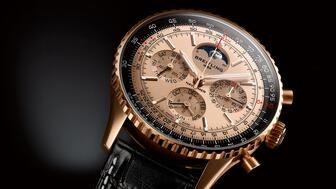
The Swiss watchmaker is battling declining sales amid a rapid retail expansion, according to a Financial Times report.
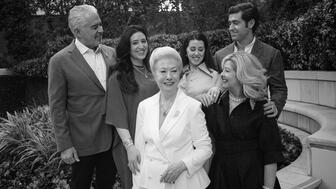
The campaign celebrates Giustina Pavanello Rahaminov, the co-founder’s wife and matriarch of the family-owned brand, for her 88th birthday.

Rachel Bennett, a senior jeweler who has been with Borsheims since 2004, earned the award.
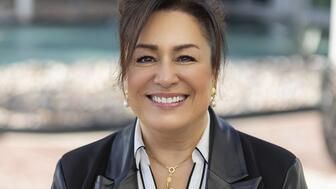
The industry veteran, who was with The Edge Retail Academy for 14 years, joins her husband at the company he founded in 2022.
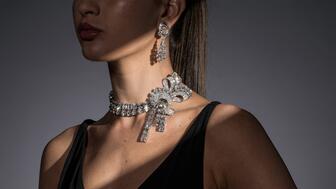
The vintage signed jewelry retailer chose Miami due to growing client demand in the city and the greater Latin American region.

Former Flight Club executive Jin Lee will bring his experience from the sneaker world to the pre-owned watch marketplace.
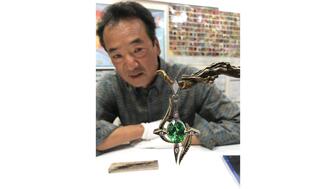
Sakamoto, who died in mid-January following a sudden illness, is remembered for his humility and his masterful, architectural designs.
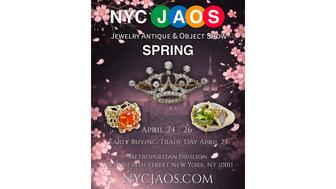
The April event will feature a new VIP shopping day requiring a special ticket.

Bulgari chose the British-Albanian singer-songwriter for her powerful and enduring voice in contemporary culture, the jeweler said.

Smith encourages salespeople to ask customers questions that elicit the release of oxytocin, the brain’s “feel-good” chemical.
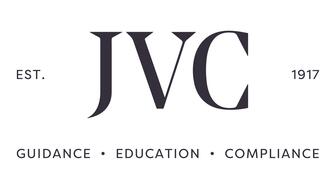
JVC also announced the election of five new board members.
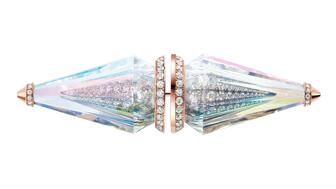
The brooch, our Piece of the Week, shows the chromatic spectrum through a holographic coating on rock crystal.













